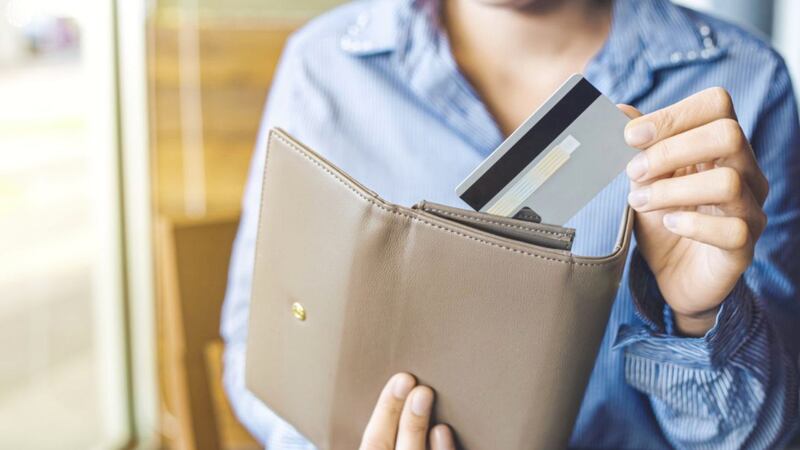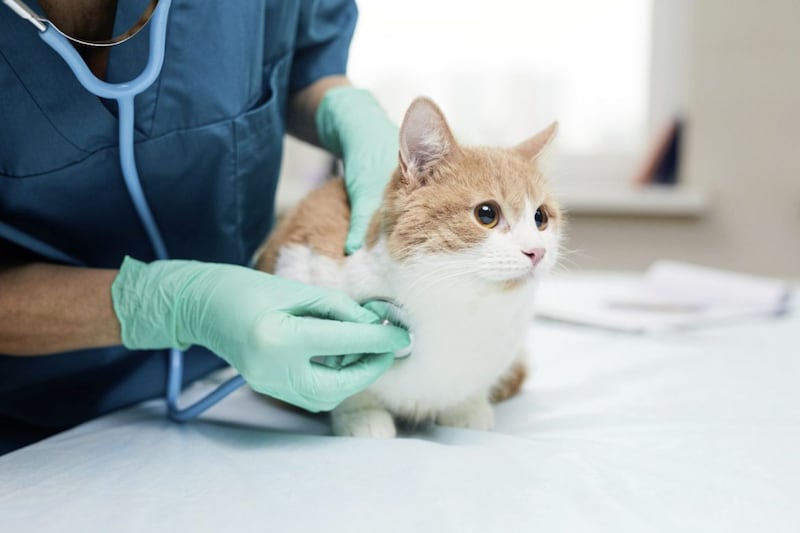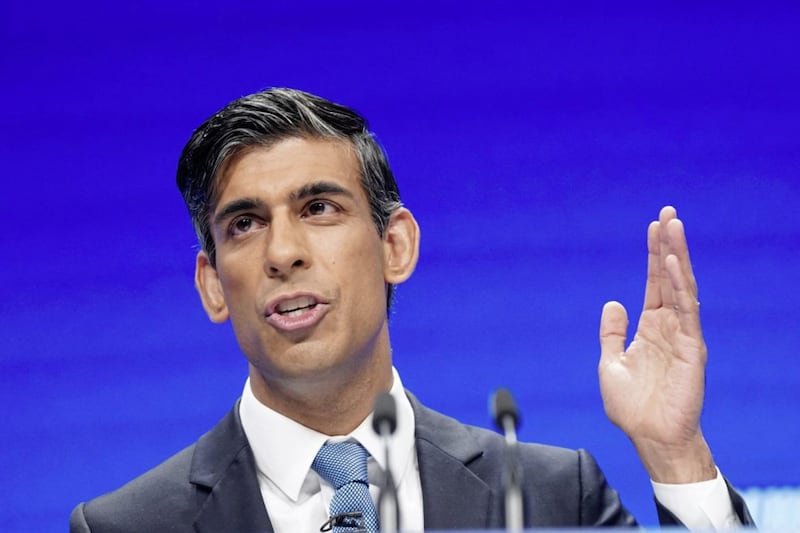QUESTION: Surely all the Government Covid-19 support schemes must be paid for at some stage? Are we likely to see a resumption and possibly an increase in tax investigations by HMRC?
ANSWER: In April this year HMRC put on hold a range of investigations into tax avoidance activity largely because it needed to free up internal resources to focus on support mechanisms announced by the Chancellor for the Covid-19 pandemic.
In some cases, tax enquires were suspended completely and HMRC assembled a mini army to deal with taxpayers requiring additional time to pay bills such as income tax, VAT etc as well as the administration of the Furlough scheme.
But last week HMRC lifted this suspension and has started once again to contact taxpayers and their advisers, in cases where they suspect avoidance of tax obligations.
Coronavirus to date has cost the UK government approximately £17.5 billion and some 8.7 million employees have been placed on furlough leave by their employers. Some 2.5m self-employed workers have also benefited from state support in the same period and the estimated deficit this year is likely to total over £300bn.
The problem with tackling this deficit is that reduced incomes and profits allied with deferred tax payments have conspired to reduce the UK tax receipts by just under 50 per cent. All of these factors are likely to lead HMRC to increase and intensify it’s crack down on tax avoidance and tax evasion in an attempt to close this enormous gap in public finances.
HMRC already possesses its highly sophisticated ‘Connect’ software system that can assist in identifying non-tax compliant operators within the “shadow economy” who are unregistered with HMRC.
The most common form of tax avoidance, however, is not making a full declaration of all of business profits or individual’s income with people having the misguided notion that if they pay something HMRC will ignore them.
It is this latter group that is likely to be identified easiest by HMRC, ironically as a result of the pandemic, because in a matter of weeks in late March 2020, the use of physical cash for transactions reduced by over 60 per cent.
The transition to card payments by shoppers has been biblical especially after organisations such as the World Health Organisation stating that we should all use contactless technology instead of cash as bank notes may be spreading Covid-19, with the infectious coronavirus able to be carried on the surface of bank notes for several days.
This had the almost immediate effect of putting a magnifying glass on traders who historically have suppressed profits via the use of cash and suddenly they began to report substantial increases in takings which, as electronic sales are impossible to suppress.
The tax take from a successful investigation by HMRC can be substantial as there are multiple heads of tax to be collected once they have proven that sales have been suppressed to include VAT, PAYE, income & corporation tax and national insurance.
The Revenue also have access to a perfect trail of information about all of us from all credit agreements for the purchases of cars, electronic goods, jewellery as well as full access to Land Registry records to identify property purchases.
In short, if your lifestyle is not matched to your income or reported business profits, it is easy for HMRC to start the enquiry process and the onus is on the taxpayer to justify their financial existence.
In summary therefore, over the coming months we are likely to see a refocusing by HMRC staff, once they are relieved of their Covid-19 duties, and tax enquiries recommencing.
Most taxpayers are, of course, honest and can become collateral damage in a HMRC ‘campaign’ and for this reason professional fee protection insurance is becoming increasingly popular if not essential for the business owner who if investigated does not have to worry about the cost of proving their innocence.
:: Paddy Harty (p.harty@pkffpm.com) is a senior tax director at PKF-FPM (www.pkffpm. com). The advice in this column is specific to the facts surrounding the question posed. Neither The Irish News nor contributors accept any liability for any direct or indirect loss arising from any reliance placed on replies.








